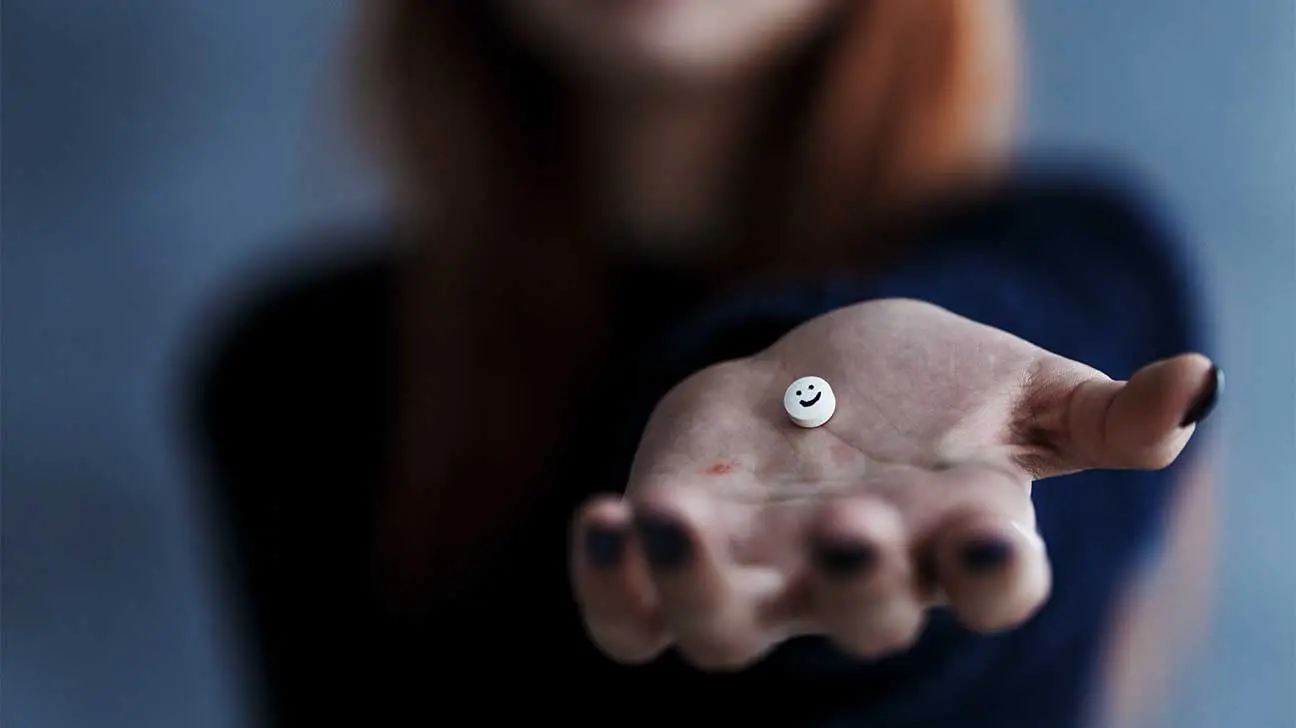
Lysergic acid diethylamide (LSD) is a hallucinogenic drug. It is illegal to use, possess, or sell in the United States. People typically use this drug recreationally.
This psychedelic drug comes in the form of:
- tablets
- capsules
- blotter paper
- liquid (less common)
It’s common for people to refer to LSD using certain slang terms or street names. These names can be used to avoid detection by law enforcement or to communicate with people who sell drugs.
Popular Street Names For LSD
LSD is a psychedelic drug that can be swallowed or absorbed on the tongue using blotter paper. People sometimes take it in small doses—a practice known as “microdosing”.
Common street names for LSD include:
- acid
- blotter acid
- boomers
- Elvis
- doses
- zen
- mellow yellow
- looney tunes
- Lucy Mae
- Lucy in the sky with diamonds
- micro dot
- dots
- battery acid
- yellow sunshine
- window pane
- pane
People who use or sell LSD may use certain street names to refer to specific forms of LSD. The most popular names for drugs shift over time and may differ based on where you live.
Street Names For LSD Combined With Other Drugs
People who use LSD may take it with other drugs. For instance, LSD is sometimes used with other hallucinogenic or psychedelic drugs.
Street names for LSD taken with other drugs:
- black acid (with PCP)
- backbreaker (with strychnine)
Find Help For LSD Abuse Today
While LSD is an uncommon drug of abuse, some people do become psychologically dependent on the drug’s effects. To find treatment for psychedelic drug abuse, contact AddictionResource.net today.
Addiction Resource aims to provide only the most current, accurate information in regards to addiction and addiction treatment, which means we only reference the most credible sources available.
These include peer-reviewed journals, government entities and academic institutions, and leaders in addiction healthcare and advocacy. Learn more about how we safeguard our content by viewing our editorial policy.
- Drug Policy Alliance—10 Facts About LSD
https://drugpolicy.org/drug-facts/lsd - U.S. Drug Enforcement Administration (DEA)—Drug Slang Code Words DEA Intelligence Report
https://www.dea.gov/sites/default/files/2018-07/DIR-020-17%20Drug%20Slang%20Code%20Words.pdf - U.S. National Institute on Drug Abuse (NIDA)—Commonly Used Drugs Charts
https://www.drugabuse.gov/drug-topics/commonly-used-drugs-charts


